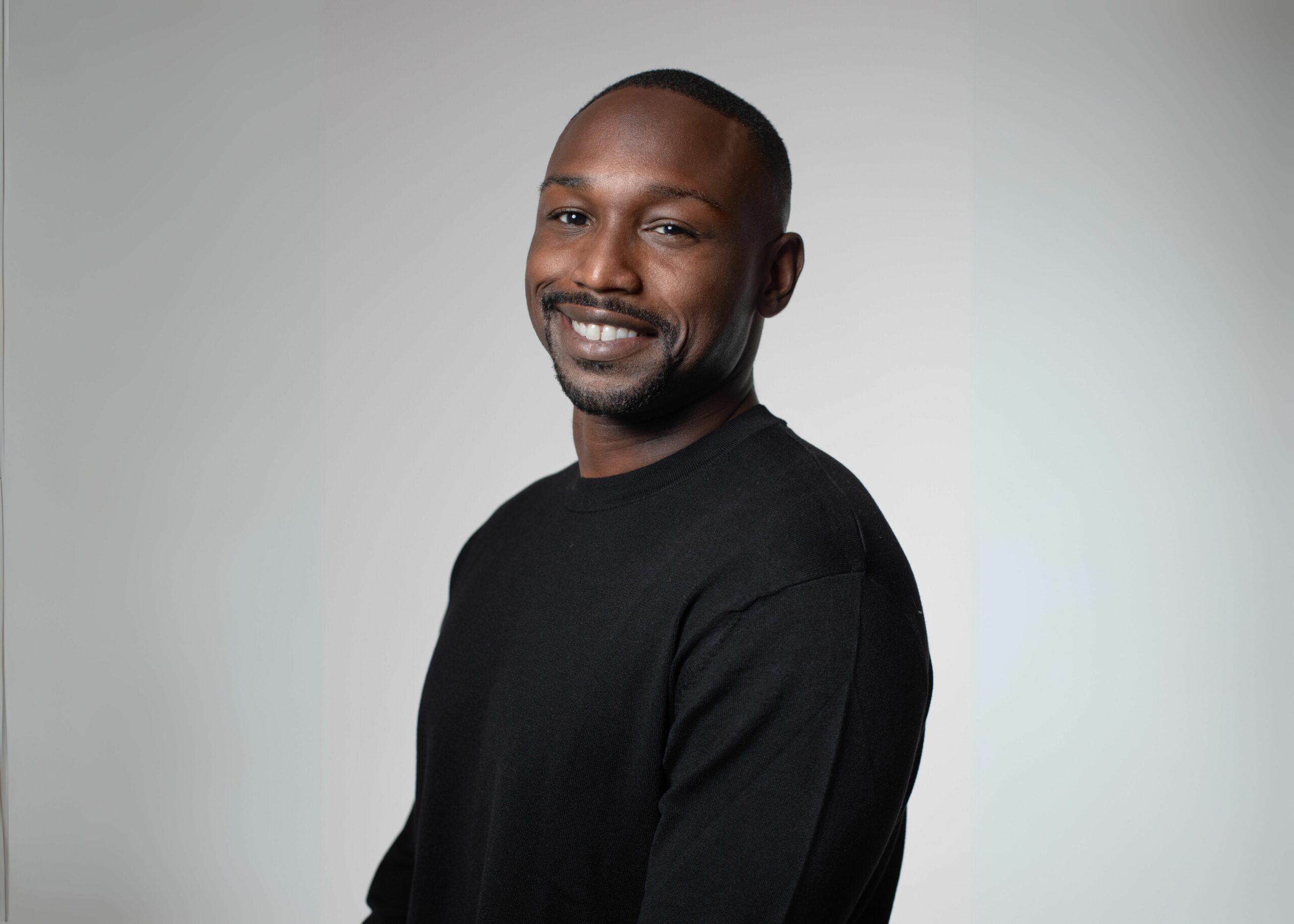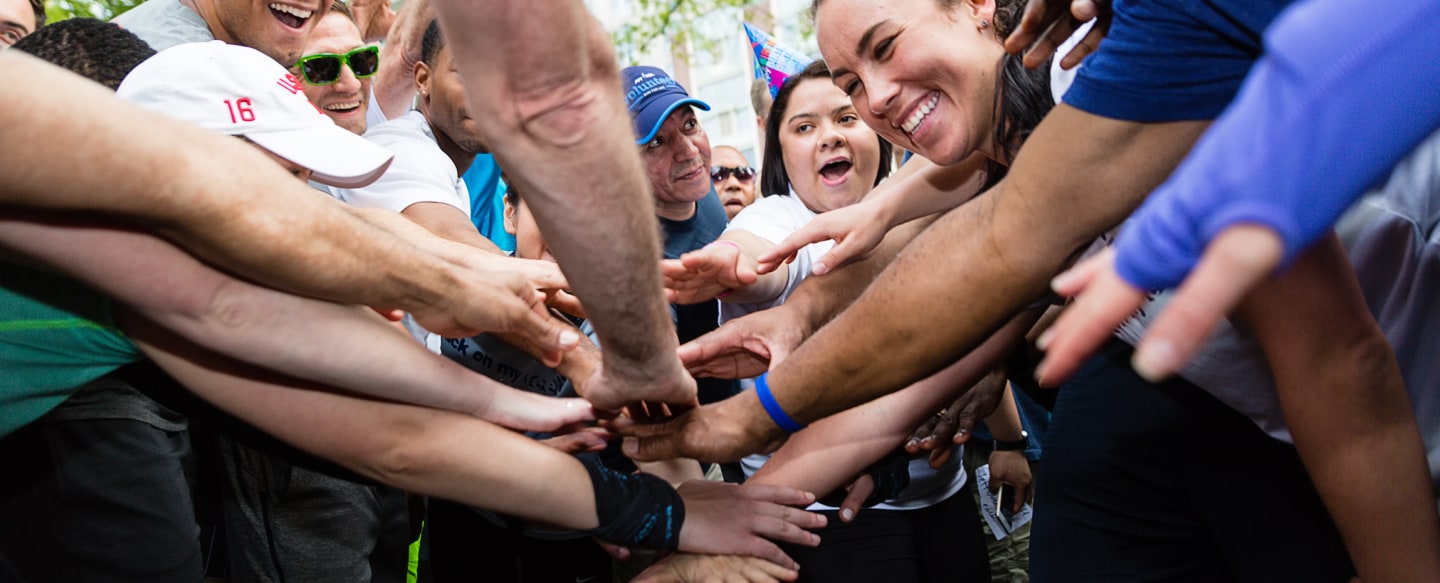When Denzel Washington starred in a film about the champion 1930s debate team at Wiley College in Marshall, Texas, The Great Debaters received a lot of attention, including a Golden Globe nomination for best drama. But while the movie was being heralded in 2008, debate was languishing at Historically Black Colleges and Universities (HBCUs), including Wiley, with active teams at only a handful of schools.
When Christopher Medina started directing the debate program at Wiley in 2011, he set out to revitalize the tradition, not only for his debate program but for other HBCUs across the country. “The last census, taken in 2004, said that African Americans made up around seven percent of competitors—there’s a huge racial disparity,” says Medina, who is one of only two Latino directors of forensics (a sister discipline to debate) in the nation.
Fueling Medina’s determination was his knowledge that debate offers students a powerful learning experience, teaching them not just to become adept at public speaking but also how to analyze an issue and speak compellingly about it. In trying to persuade others of their viewpoint, they also learn empathy. Determined to offer these skills to more students, Medina began campaigning to create the National HBCU Speech and Debate League. “With this league, we wanted to close the gap.”
Years after starting his campaign, Medina finally secured grant funding and began to talk up the league with established or fledgling debate programs as well as schools with no debate program at all. He urged them to attend a national debate tournament for traditionally black colleges and was successful. At the first HBCU Nationals in January 2018, 200 participants from 22 colleges competed in events like persuasive speaking, dramatic interpretation, slam poetry, and extemporaneous speaking.
Cheering for Your Competitors
Kailyn Price is one of the many students whose college experience has been enriched and enhanced by the National HBCU Speech and Debate League. Ever since she won her first oratorical contest in seventh grade, Price has loved speech and debate. “Learning research skills and the concept of choosing what side you want to be on something—that was a really formative experience for me,” she says.
But when she chose to attend North Carolina Agricultural and Technical State University (A&T) a few years ago, she realized the school didn’t have a debate team. Price decided to take action. The summer before her first year at A&T, Price met with school administrators urging them to add debate. The hurdles were many: She couldn’t find an advisor, a mandatory first step in establishing an official group. Then she struggled to recruit enough members and to find meeting space.
In December 2017, Price reached out to Medina as she tried to gain funding for her fledgling team to attend the 2018 nationals. Medina secured the needed money, but campus officials did not approve the trip. Still, Price refused to give up. The following year, over 100 students signed up for debate at the university’s fall activities fair, and ten A&T students participated in the 2019 HBCU Nationals. Price earned the top speaker award in NPDA debate, and A&T won a team trophy—an impressive accomplishment for the school’s first official competition.
For Price, it was much more than a big win. “HBCU Nationals was a transformative experience,” she says. “It is so important to have a space that dares to cultivate black performances and debaters, and the experience is so different [from traditional tournaments]. It was such a nurturing experience, having teams that are your competitors on paper but are really rooting for you. I hadn’t experienced that before.”
Sharpening Skills and Creating Careers
For Sean Allen, debate didn’t just burnish his communications skills. It led to a career. During Allen’s time at Wiley, Medina was his debate coach. “Medina brought a different element to it—he was a little more structured,” Allen says. Inspired by Medina and his experiences on the debate team, Allen soon became a student coach at Wiley and eventually a staff coach.
After earning a master’s degree from Hofstra in 2017, Allen moved back to Texas to help coach again at Wiley. A month later, a Tennessee State University alum called. The forensics head coach had retired. Would Allen take over? The team had gone through four coaches in four years, and the program was in danger of dissolving. “I had to come in and motivate them,” he says.
That he did. In 2018, TSU won the state championship, and hosted nearly 90 schools for the prestigious Pi Kappa Delta National Forensics Tournament, marking the first time in more than two decades that an HBCU served as host.
“All of my students are already benefiting from the league,” Allen says. “They’ve been offered jobs, internships, and summer programs. For me, as a young African-American coach, it is so fulfilling.”
Spreading the Word About the Power of Debate
Looking toward the future, Medina says, “We’d like to branch out to all minority-serving institutions, including Latino, Native American, and Asian American. We believe this pedagogy is so powerful.”
Medina is working with Jesse Jackson’s Rainbow/PUSH Coalition to bring speech and debate to the Chicago Public School System, and he is writing an arts curriculum for high schools, in conjunction with the Nate Parker Foundation, as well as a debate curriculum program for colleges.
The success of the National HBCU Speech and Debate League has led to additional financial grants, which has allowed the league to expand its support to regular competitions among traditionally black schools and helping teams prepare for regional tournaments and nationals. Additionally, a new scholarship program will fund participants’ travel, as well as providing support, education, teaching, and collaboration.
Through the efforts of the National HBCU Speech and Debate League, a growing number of students are enjoying the benefits offered by debate. Says Kailyn Price, “Debate has the potential to shape a lot of people’s college careers, and what they end up wanting to do with their lives.”
The Charles Koch Foundation supports scholars and partners working to understand how all people have the opportunity to realize their potential. Our support of the HBCU Debate League will help them bring debate to a greater number of students. Learn more about our support here.











